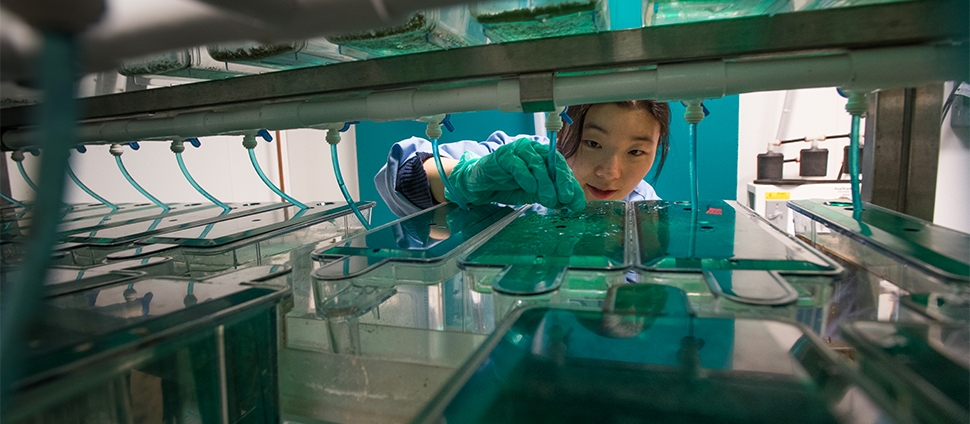Document Type
Article
Publication Date
10-1-2017
Publication Title
European Journal of Protistology
Abstract
Epigenetics, a term with many meanings, can be broadly defined as the study of dynamic states of the genome. Ciliates, a clade of unicellular eukaryotes, can teach us about the intersection of epigenetics and evolution due to the advantages of working with cultivable ciliate lineages, plus their tendency to express extreme phenotypes such as heritable doublet morphology. Moreover, ciliates provide a powerful model for studying epigenetics given the presence of dimorphic nuclei – a somatic macronucleus and germline micronucleus – within each cell. Here, we exemplify the power of studying ciliates to learn about epigenetic phenomena. We highlight “classical” examples from morphology and physiology including cortical inheritance, mating type determination, and serotype expression. In addition, we detail molecular studies of epigenetic phenomena, including: DNA elimination; alternative processing and unscrambling; and copy number determination. Based on the implications of these studies, we discuss epigenetics as a possible functional mechanism for rapid speciation in ciliates.
Keywords
Ciliates, Cortical inheritance, DNA processing, Mating type determination, Serotype inheritance, Transgenerational epigenetics
Volume
61
First Page
366
Last Page
375
DOI
10.1016/j.ejop.2017.05.004
ISSN
09324739
Creative Commons License

This work is licensed under a Creative Commons Attribution 4.0 International License.
Rights
Licensed to Smith College and distributed CC-BY under the Smith College Faculty Open Access Policy.
Version
Author's Accepted Manuscript
Recommended Citation
Pilling, Olivia A.; Rogers, Anna J.; Gulla-Devaney, Bethaney; and Katz, Laura A., "Insights into Transgenerational Epigenetics from Studies of Ciliates" (2017). Biological Sciences: Faculty Publications, Smith College, Northampton, MA.
https://scholarworks.smith.edu/bio_facpubs/93


